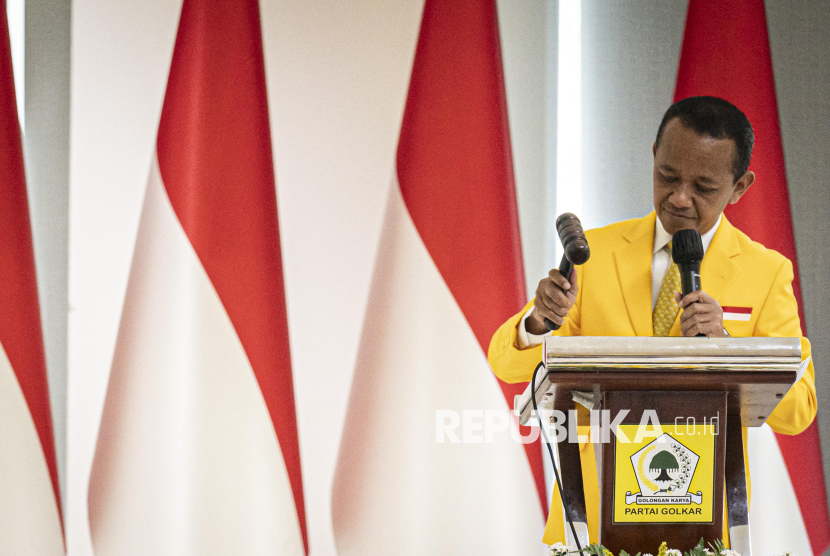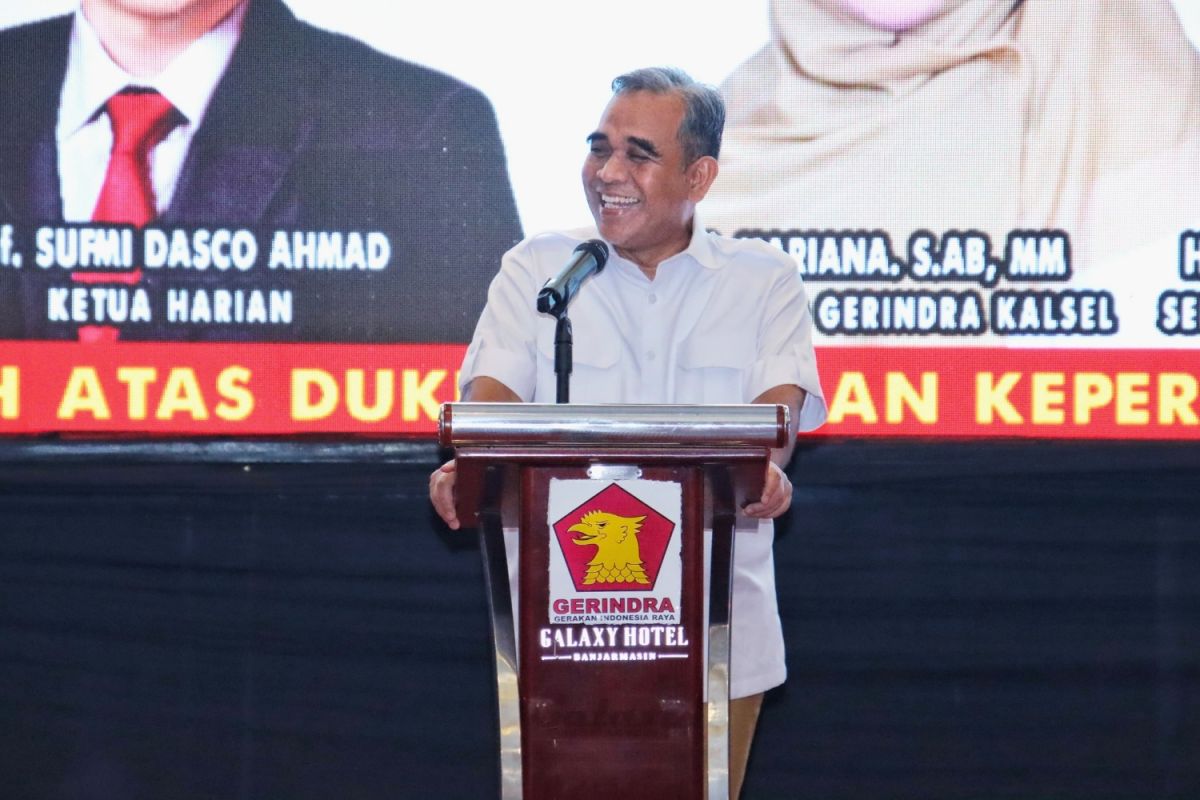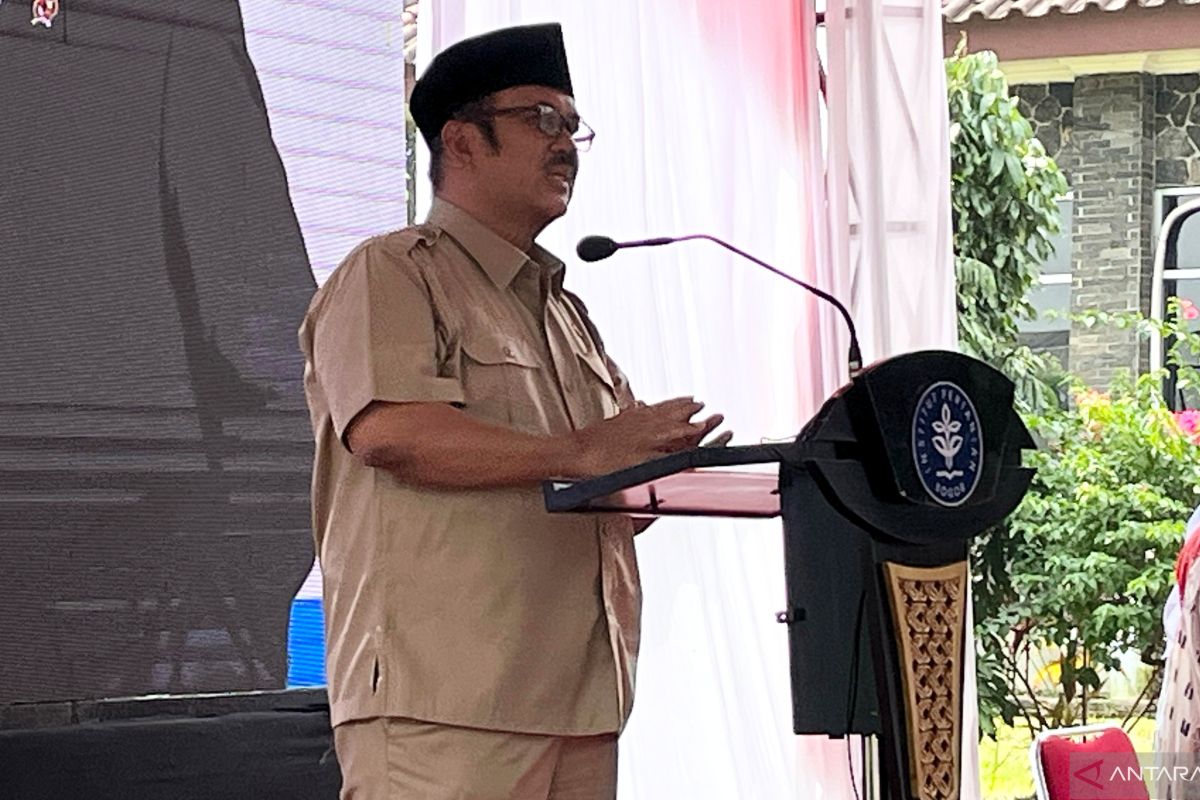Indonesia and the Paris Agreement: Why Fall into the US Bandwagon Effect?
Recently, Indonesia's Minister for Energy Bahlil Lahadalia announced that Indonesia should scale back its energy transition efforts.

By: Linda Yanti Sulistiawati, Senior Research Fellow, Asia-Pacific Centre for Environmental Law (APCEL), National University of Singapore, Singapore, and Assoc. Prof of Law in Universitas Gadjah Mada, Indonesia.
Recently, Indonesia’s Minister for Energy and Mineral Resources, Bahlil Lahadalia, announced that Indonesia should scale back its energy transition efforts and even consider following the United States in withdrawing from the Paris Agreement (Media Indonesia, 30 January 2025). Shortly after, Indonesia’s envoy for energy and climate change argued that it is unfair for Indonesia to adhere to the Paris goals while the U.S., the world’s second-largest emitter, has chosen to withdraw (CNBC Indonesia, 31 January 2025). Both officials acknowledged the need to reduce Indonesia’s emissions but expressed concerns that the Paris Agreement imposes restrictive commitments. Let’s critically examine these statements and assess their implications logically.
First, Indonesia has no reason to follow the misguided path of withdrawing from the Paris Agreement. Why? Because, unlike many international agreements, the Paris Agreement is a legally binding instrument that grants each Party the flexibility to determine its own emission reduction commitments. Article 4 of the Agreement explicitly requires Parties to prepare, communicate, and maintain successive nationally determined contributions (NDCs) that they intend to achieve. Nowhere does the Agreement impose top-down emission reduction targets on its signatories. In short, the Paris Agreement allows Parties to set their own targets—albeit with the expectation that these NDCs be ambitious. Any Party shall be able to modify their own targets in accordance with their capabilities.
Second, at COP29 in Baku, the Indonesian representative announced that Indonesia plans to implement 100GW of new energy capacity over the next 15 years, with 75GW coming from renewable sources. These plans include projects in solar, hydro, geothermal, and potentially nuclear energy. Currently, Indonesia has no nuclear power plants due to the high risk of earthquakes in the region. Despite its vast renewable energy potential, Indonesia's transition has been slow. Renewable sources account for only 15% of the country’s total installed power capacity—well below its Nationally Determined Contribution (NDC) target of 23% by 2025. One major challenge is the continued subsidies for coal, which make renewable energy tariffs less attractive to investors. To address this, President Prabowo Subianto has pledged to revise regulations that hinder investment in renewable energy. While significant challenges remain, there is hope that this administration will strengthen Indonesia’s commitment to decarbonization and climate action. Withdrawing from the Paris Agreement would also mean losing access to critical global climate discussions on mitigation, adaptation, technology transfer, financial support, and mechanisms such as the Green Climate Fund (GCF). Given Indonesia’s reliance on UNFCCC support and facilities, such a move would not be in the country’s best interest.
Third, it is essential to emphasize the importance of staying on course with the Paris Agreement. Given that scientific findings from the IPCC and other sources may not always be persuasive to all audiences, there is a pressing need to frame the argument in monetary terms. A comprehensive cost-benefit analysis of Indonesia’s continued participation in the Paris Agreement is necessary. This analysis should go beyond the opportunity costs of extracting nickel, coal, oil, and gas. It must account for the economic toll of environmental degradation, health risks, loss of human capital, biodiversity decline, and the costs of climate and disaster injustice. Breaking these impacts down into clear, quantifiable financial terms will make the case more tangible and accessible. If science is difficult for some to grasp, the economic consequences should be harder to ignore.
Indonesia is a key player in ASEAN, and its actions will significantly influence the Asia-Pacific region. It has long been regarded as a leader in promoting decarbonization, including advancing ASEAN initiatives for sustainable economic growth and environmental protection. Moving forward, Indonesia must strengthen its role in climate initiatives, shape collective regional policies, and drive sustainable development. It is crucial to resist the pull of reverting to fossil fuels at the expense of renewable energy and efficiency efforts. Instead, Indonesia should continue to lead the transition toward a cleaner, more resilient future.
*) DISCLAIMER
Articles published in the “Your Views & Stories” section of en.tempo.co website are personal opinions written by third parties, and cannot be related or attributed to en.tempo.co’s official stance.




















